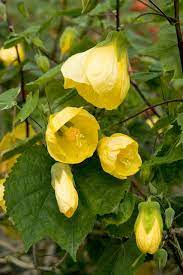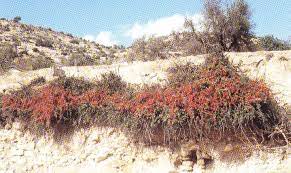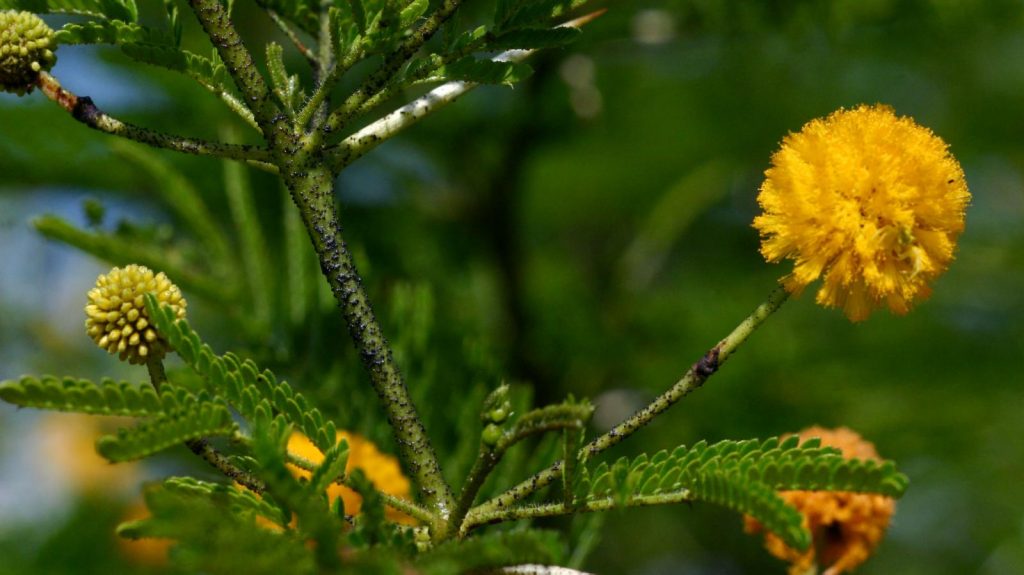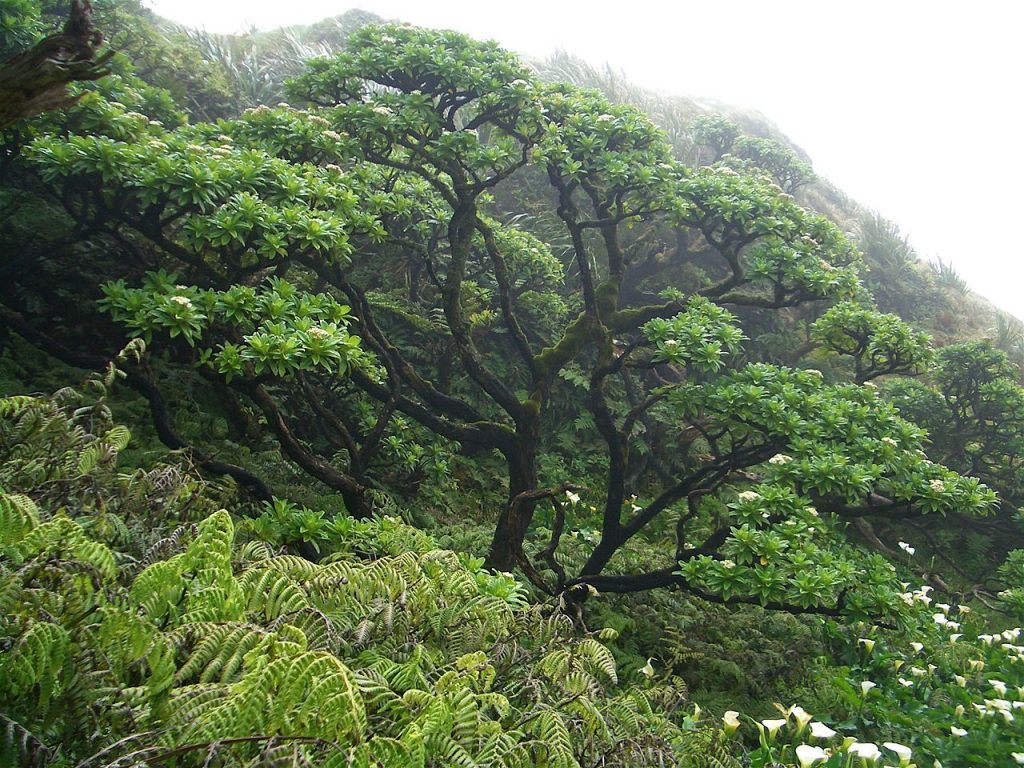
All bad things must come to an end and so it is for the Ficus benjamina – the rented weeping figs – of Portcullis House. Expensive, prone to create allergic reactions and subsidence they were never the right trees for the heart of the British Parliament but their felling creates an amazing opportunity that should be grasped.
Portcullis House is an interesting space. Temperate, light and warm all year round it could host a variety of interesting plants and small trees. So why not use this space to highlight two issues at once? The importance of biodiversity and the UK’s responsibilities for British Overseas Territories and their unique plant species.

The British overseas territories represent 94% of UK biodiversity, they represent numerous climatic zones from the tropics to Antarctica and much in between. Would it be possible to find a suitable plant from each territory to grow in PCH?
Firstly we could start with the home nations, the English oak, Welsh oak, Scots pine and Irish yew might fit the bill.
Further afield. Gibraltar has three endemic plants. Cerastium gibraltaricum might fit the bill.
Montserrat, a volcano-blighted island in the Caribbean has three endemic plants of which Xylosma serratum, a member of the willow family would be a good representative.

The British Virgin Islands in the sub tropical Caribbean has a number of endemic plants including the Vachellia anegadensis
St Helena could be represented by the endamic St Helena Cabbage tree
Anguilla in the Caribbean

The Cayman Islands has 21 endemic plant species
Even the tiny Pitcain islands group has nine endemic species including the yellow Abutilon pitcairnense.

Even the tiny Pitcain islands group has nine endemic species including the yellow Abutilon pitcairnense.
Bermuda’s endemic Juniperus bermudiana


Cyprus Bosea endemic to Cyprus and found in the British Sovereign Base areas.





